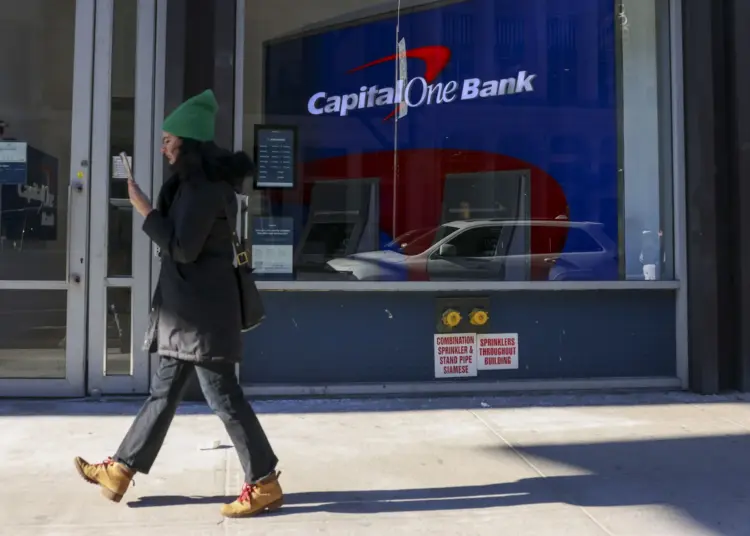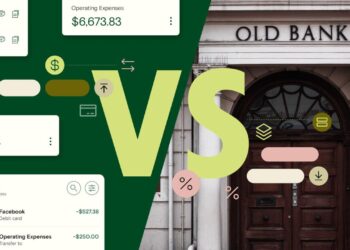In a landmark move, Capital One has agreed to a $425 million settlement following one of the largest data breaches in U.S. history. This resolution not only highlights the growing impact of cyberattacks but also signals a shift in how financial institutions are held accountable for protecting consumer data. In this article, we’ll explore what the settlement includes, who it affects, and the broader implications for data privacy and cybersecurity.
The 2019 Break-In That Shook the Industry
An ex-employee of Amazon Web Services exploited a loophole in 2019, hacking into over 100 million customer accounts and programs. Names, addresses, credit scores, and Social Security numbers were all hacked information. No credit card details were leaked, but the hack put to test Capital One’s security measures.
Key Facts of the $425 Million Settlement
The settlement will benefit:
- Consumer reimbursement of out-of-pocket losses caused by the breach.
- Credit monitoring services to the individuals affected.
- Claims processing and settlement administration charges.
Eligible consumers can be reimbursed for up to $25,000, depending on documented expenses.

Who Is Eligible To File?
Any consumer whose personal data was affected by the breach is potentially eligible. These include:
- Individuals who made applications for Capital One credit cards between 2005 and 2019.
- Consumers who were notified by Capital One that their information was breached.
Implications for Financial Institutions
The settlement strongly signals the enforcement of data privacy. Banks and credit card issuers now face growing pressure to:
- Spend money on more robust cybersecurity architecture.
- Test storage and access controls on data regularly.
- Be transparent with consumers when it comes to breaches and countermeasures.
Consumer Takeaways
For consumers, this breach is a reminder of:
- Having credit report information checked frequently.
- Using identity theft protection services.
- Taking seriously data breach notices.
The $425 million Capital One settlement is a wake-up call for the banking industry and a reminder to consumers that their consumer rights online matter. As threats on the internet multiply and evolve, the attention to protecting data will only increase, so transparency and proactive defence will be the success factors in the future.








